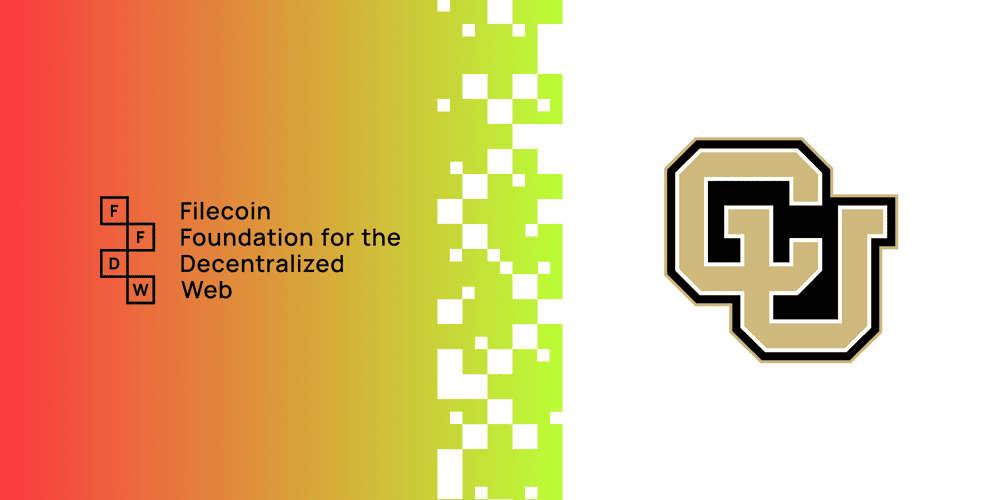FFDW and Sacred Stacks: Building Community with Decentralized Tools
As people continue to explore how decentralization could fundamentally change a wide range of industries, a debate has been growing among those in the artist, activist and community organizing ecosystem: Can decentralization really help build community? And how can healthier social relations emerge around our technology, particularly in terms of self-governance, autonomy, and accessibility?
These are some of the big questions being asked by Sacred Stacks, a collaborative project launched by the University of Colorado Boulder’s Media Economies Design Lab and Center for Media, Religion and Culture.
“Too often, discussions about emerging technologies are led by elite engineers and wealthy investors,” says Nathan Schneider, who directs the Media Economies Design Lab. “With Sacred Stacks, we set out to center the discussion around people expert in building community.”
According to Schneider, “Sacred” refers to the beating heart of any community, including the struggles, the spirituality, the hard-won relationships and our convictions that matter most to us. "Stacks" refers to the combinations of technology and social practices that support the making of community, and include communication tools, data storage, subscriptions with large companies or a group's rituals and aesthetics, shared language and common space.
Sacred Stacks was established in early 2022 to better understand how we can intentionally organize our stacks around our communities and to explore how decentralized tools and self-governance practices can make these communities even stronger. An initial call for partner communities resulted in over 50 applications. The communities chosen to participate were:
- Iraqi Journalists Rights Association (Baghdad, Iraq)
- Kibilio Community & Farm (Western MA, USA)
- Meli Bees Network (Barreirinha, Araribóia, Brazil and Berlin, Germany)
- Sans Souci Cooperative (Boulder, CO, USA)
- Survivors Know (Chicago, IL, USA)
- Unheard Voices Outreach (Nashville, TN, USA)
- Yerba Buena Center for the Arts (San Francisco, CA, USA)
To make possible this exploration of emerging, decentralized technologies for activist communities, Sacred Stacks received support from the Filecoin Foundation for the Decentralized Web (FFDW), the Henry Luce Foundation, and the Sterling Lab.
At the end of March 2023, Sacred Stacks worked with Metalabel to release an 80-page, fully illustrated zine both in print and as a digital collectible. The zine is a collection of insights that emerged from six months of conversations with the Sacred Stacks cohort.
The one-year award timeframe recently concluded, providing Sacred Stacks and FFDW an ideal moment to reflect back on the partnership.
Sacred Stacks Project Overview:
The project was an extended exploration of emerging, decentralized technologies from the perspective of activist communities engaged in social change and spiritual imagination. Throughout, partner communities received tech and cultural support for adopting new tools. Sacred Stacks organized a six-month online learning cohort among seven communities, and produced a 80-page, fully illustrated zine, published in print, on IPFS, and as an NFT. The result was a public reflection on the challenges that decentralized tools face in offering useful solutions for the communities they are theoretically meant to serve. Sacred Stacks also articulated a rationale for exploring these technologies from the perspective of cultivating spiritually creative "cyborg communities."
For more information on Sacred Stacks, including the final e-magazine stored on IPFS, visit the University of Colorado Boulder’s Media Economies Design Lab.





